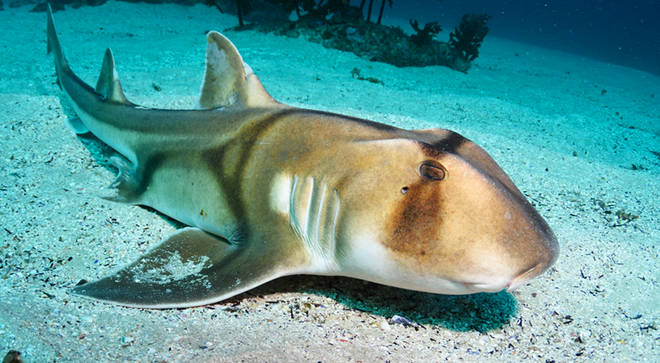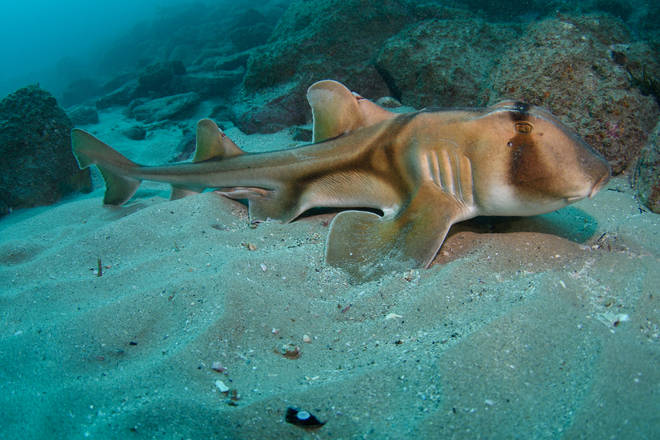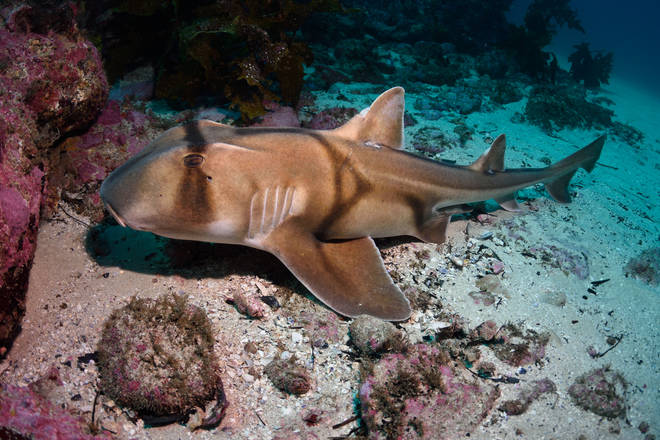(C) By ClassicFM London

A study finds the ‘regular beat’ of jazz is alluring to the finned species... when there’s a tasty snack involved.
Scientists say sharks may have a musical preference, and it’s not for classical music.
A found that one species of the finned predator, the Port Jackson shark, enjoys the sound of jazz – when there’s food on offer.
Sharks, like most fish, rely on sound waves underwater to locate food and hiding spots, and to communicate with other creatures.
Researchers from the Macquarie University Fish Lab in Australia theorised that sharks might be able to recognise musical stimuli, when associated with an edible reward.

To test out the theory, researchers played jazz music at one end of a tank, and taught eight young sharks to swim towards a feeding station for a tasty reward.
It was quite the task for the creatures, who were unable to tell the difference between music genres when classical music was also introduced to the task.
“Right off, I would probably guess that the jazz music happened to have more of a regular beat that would be more what the sharks are used to being attracted to,” Phillip Lobel, a biology professor at Boston University.

Although the sharks struggled to determine the difference between the music genres, the study could still offer some insight into the learning abilities of the shark – several species of which are more intelligent than the average fish.
Experts are particularly keen to dispel the negative perception of sharks as “human-hunting death machines”.
“Gaining a better understanding of this will help grow positive public opinion of sharks and may shift public and political will towards their conservation,” Lobel said.


